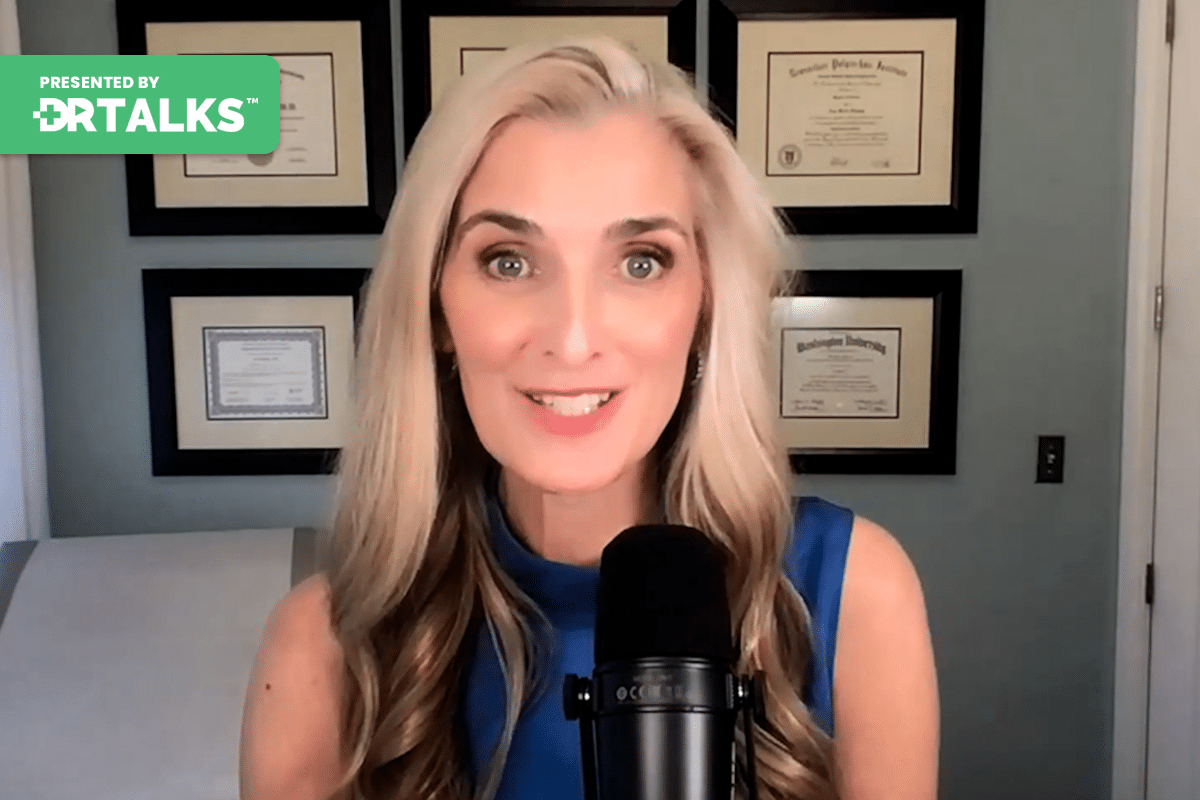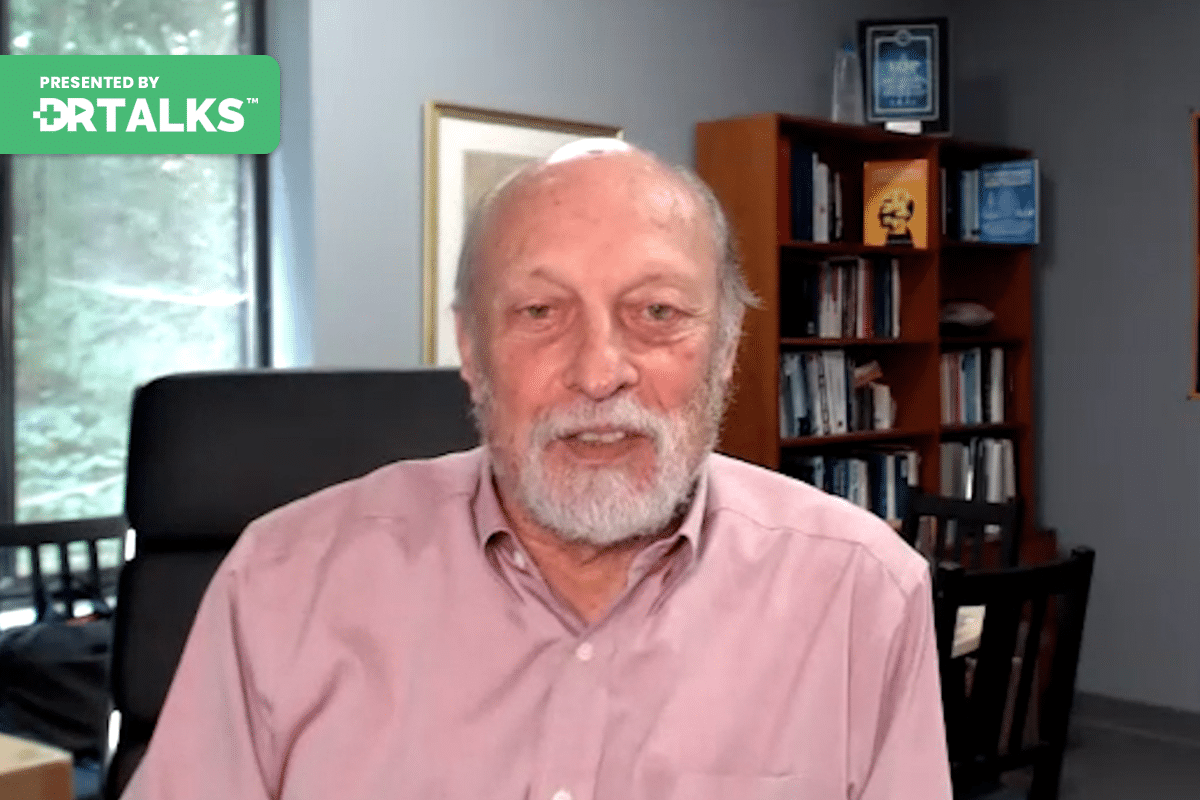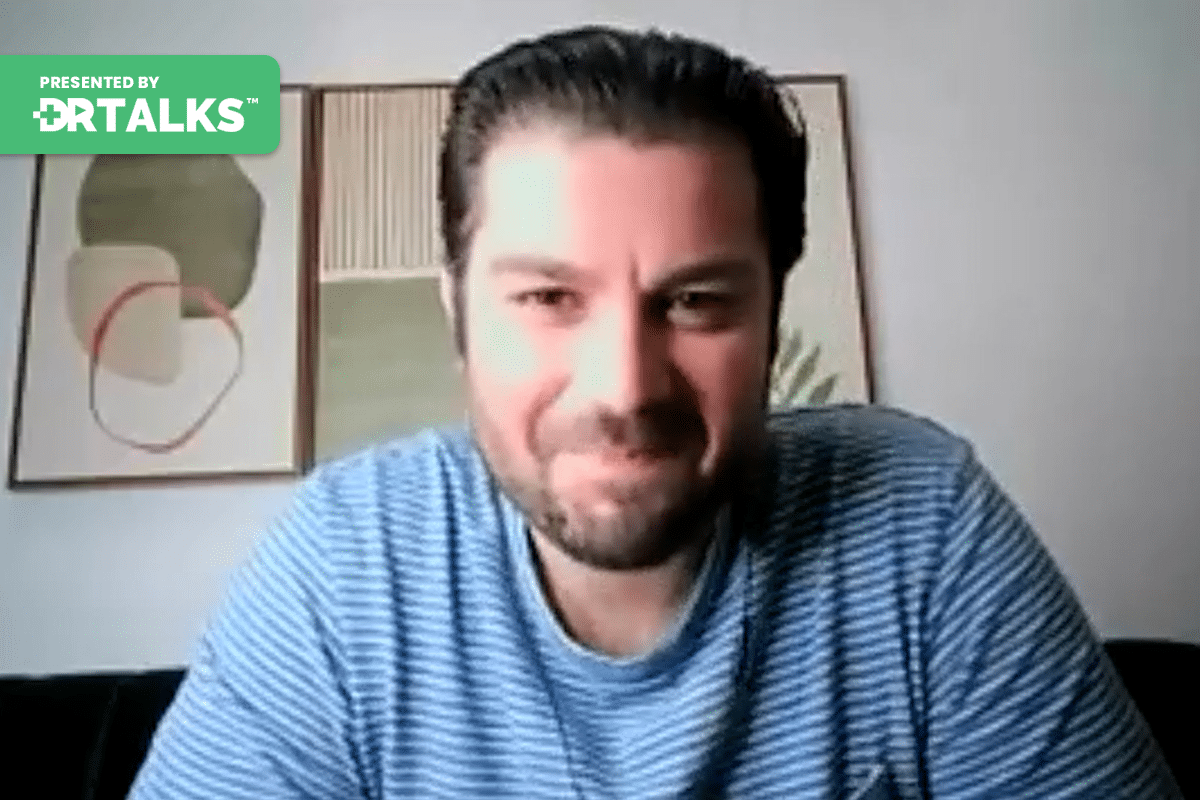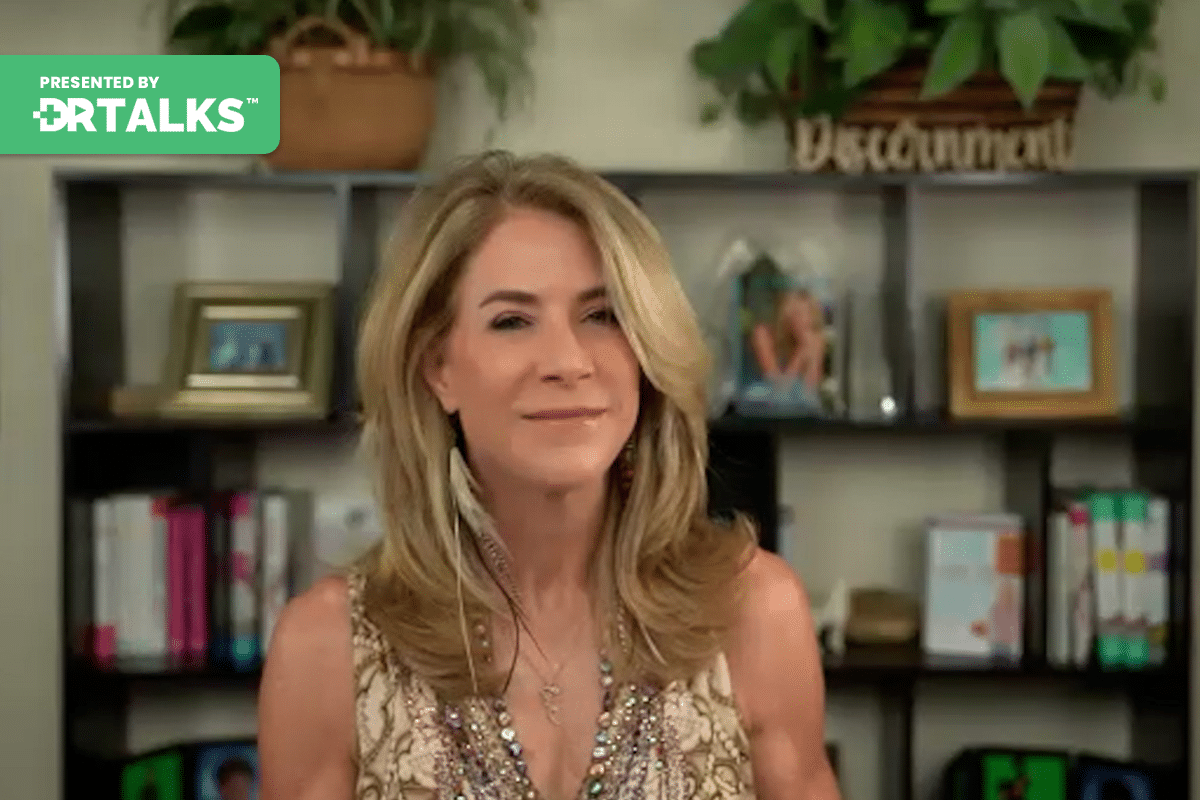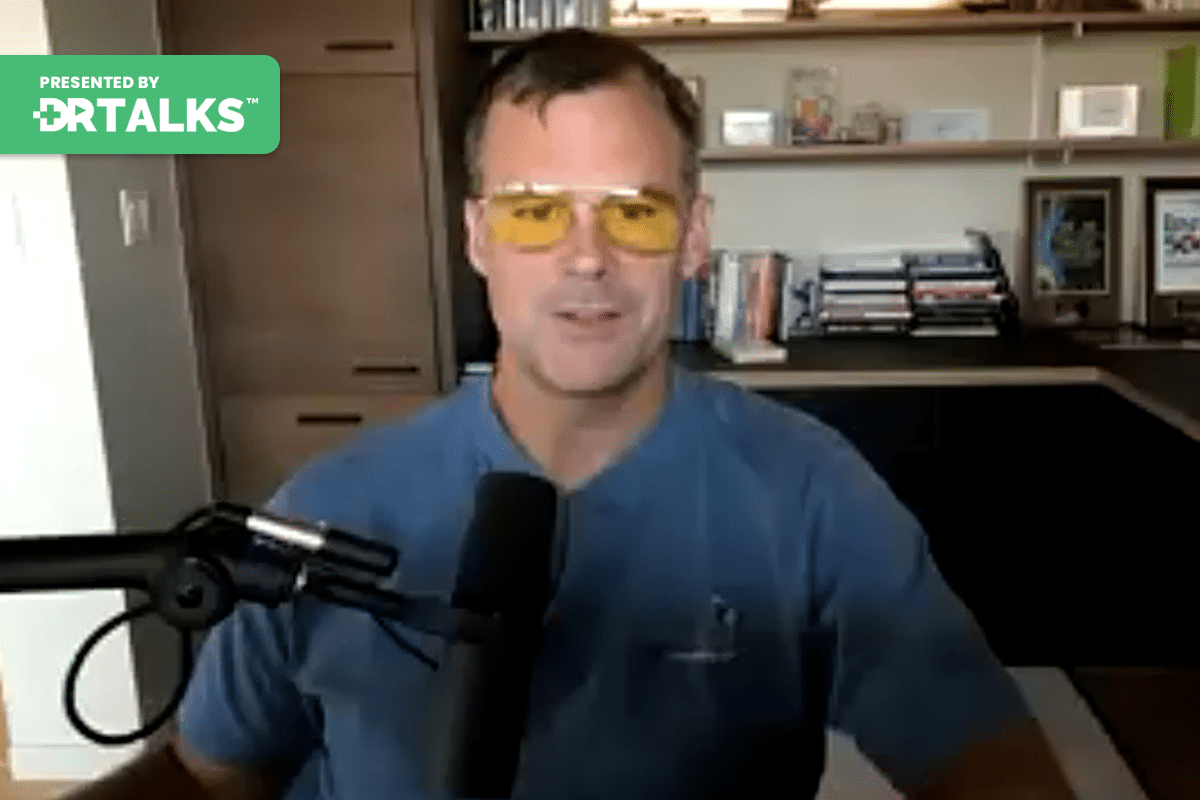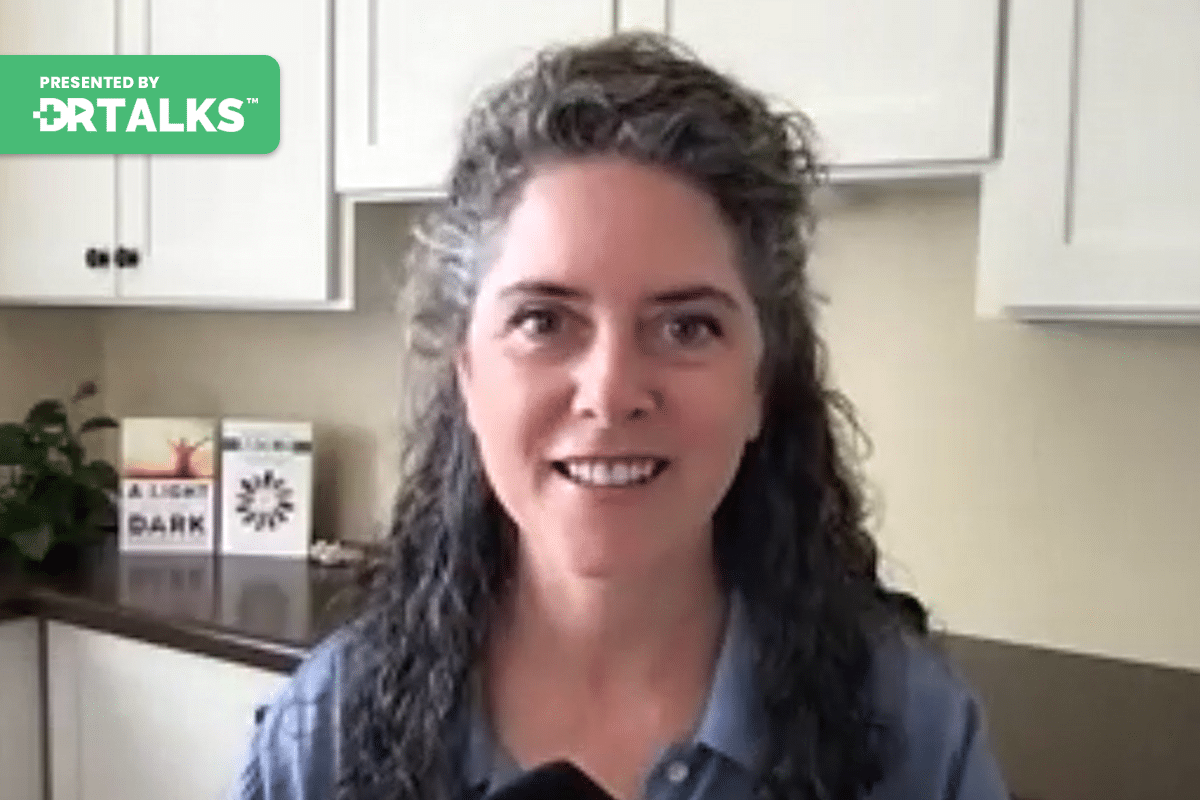Ann Shippy, MD
Welcome to Mold, Mycotoxins, and Chronic Illness Summit. I’m your host Dr. Ann Shippy. Today I want to share a case with you that will help to explain some of the genetic susceptibility. There’s a lot of research that shows that HLA genes are important and that about 25% of people have HLA genes that increase their risk for how their bodies handle Mycotoxins. But there’s so much more, and that’s why I’ve included several lectures and conversations on genetics because sometimes it can be super helpful to figure out how to get well and stay well. This patient that I want to share with you is one of my earliest patients that were dramatically impacted by mold. It was a 14-year-old boy and his mom had heard that I was a good detective and really figuring out some complicated situations. So the patient is 14 years old and he was having these facial contortions a type of tic that so distorted his face that he had stopped going to school, he had stopped even having friends over. He didn’t want anybody to see him because he just felt so disfigured. So when I was going through the history, the mom had told me that they were living in an old farmhouse, that had been remodeled and and also that the daughter was having some issues as well.
And so I was really, really suspicious about mold. I’m going to share my screen here because I couldn’t think of anything else that would really cause that severe of a neurological condition in someone so young. So one of the early tests that I did was to check to see what his mycotoxin levels were. So we did a real-time lab test and this was before I knew about the glutathione challenge and actually helped me to figure this out. So he had basically no ochratoxin, no aflatoxin, and a trace amount of trichostatin but not enough to be alarming. So another piece of the testing that I really wanted to look at because this situation wanted to take a look at some of his detox genes. So this was a test that we could do at the time that looked at the first part of detoxification. So these cytochrome P450 genes are involved in helping to get rid of all kinds of toxins, but especially the CYP1B1 and it has a SNIP on it and it really helps to get the process started with getting the toxin ready to clear out of the body.
He also had a double whammy on polymorphisms, which is super important for methylation, which is also another really important piece of being able to get toxins out of the body. But his glutathione pathways, which are critical for getting mycotoxins the rest of the way out of the body, making the transformations enough in the mycotoxins for them to be able to even leave looked totally broken. It really was alarming to see every piece of the glutathione pathway that I could look at. So to me, I knew he was going to be massively glutathione deficient. So we rechecked him. His toxin levels with the glutathione challenge. So I had him take eight teaspoons of glutathione, a pretty whopping dose. And lo and behold his ochratoxin popped up all the way to 13.55. Still, no aflatoxin, which was great. And then also a very significant level of trichostatin .22. The difference between ochratoxin and aflatoxin. It’s like that degree of pepper. So trichostatin is so much more potent, especially neurologically and for our mitochondrial dysfunction. So even seeing the .22 for the trichostatin was alarming. So I knew he had a massive buildup because he wasn’t excreting the toxins, the mycotoxins probably including a lot of other toxins as well, because he was so glutathione deficient for probably most of his life or all of this life. So we worked on getting his glutathione levels up. We took four teaspoons every day, which normally in most people a teaspoon is more than adequate.
And within two months of getting him out of the environment, he went and stayed with his grandparents and took the glutathione and some other supplements to help his body to heal. And he totally recovered and got his life back. So this is another one of those really silver platinum linings for him to totally change the trajectory of his life. Like he knows based on his genetics, his COMT, and his P450 genes that he really needs to do the best to avoid environmental toxins. But taking the things that support the COMT pathway which are some V vitamins and magnesium, lithium RT amongst other things, as well as he just is going to need the glutathione because the toxins will deplete the glutathione and even more. And that’s going to be really foundational for him to stay well. So I hope this inspires you to listen closely to some of these lectures on genetics and epigenetics and how we can actually find answers that our genes are not our destiny. That we have lots of tools in our toolbox to help us overcome these little glitches that we have and you might enjoy watching my TEDX talk at some point on teaching your genes how to behave with just doing some lifestyle changes. So enjoy the information on the genes. They are not your destiny. There’s so much you can do and they really can be critical tools to getting well and staying well. Thanks so much for joining me.

